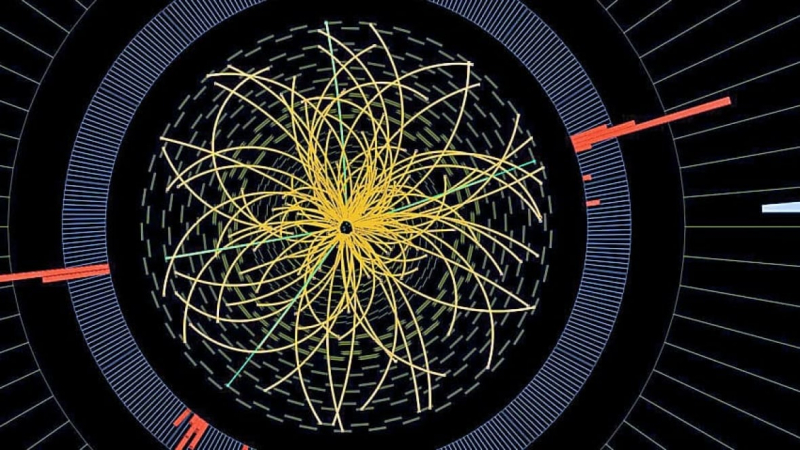The God Particle
When physicists refer to a particle as the God Particle, they are really implying that it is something much, much larger. To be fair, the particle's correct name is the Higgs boson, but physicist Leon Lederman chose the catchier term because it can be difficult to convince the media to care about particles.
In 2013, the Higgs boson's existence was established. It was theorized in the 1960s, though, so the search for it took a while. Stephen Hawking lost a $100 wager he made that it would never be found. Mark that day on your calendars since he has also been quoted as predicting that the Higgs boson will eventually annihilate the universe.
You have to assume that the Higgs boson is quite spectacular after all this hype, and the truth is that it is truly astonishing. But let's try; it does take some time to comprehend. A fundamental particle is a boson. All of the fundamental forces of the cosmos, including electromagnetism and the weak and strong nuclear forces, are caused by bosons.
An energy field called the Higgs field gives electrons and other particles like them mass. To put it plainly, Higgs bosons contribute to the creation of particle mass in the cosmos. It is challenging to locate the boson in nature since it has a great deal of mass yet a short lifetime. But its presence supports much of what we already know about the Standard Model of Physics and contributes to the justification of the existence of any particle. Additionally, it might shed light on dark matter and expose even more unknown particles.
- Fun fact: Lederman didn't actually refer to it as the God Particle. Because of his frustration with how difficult it was to find, he called it the Goddamn Particle. His name was changed by his publisher.












